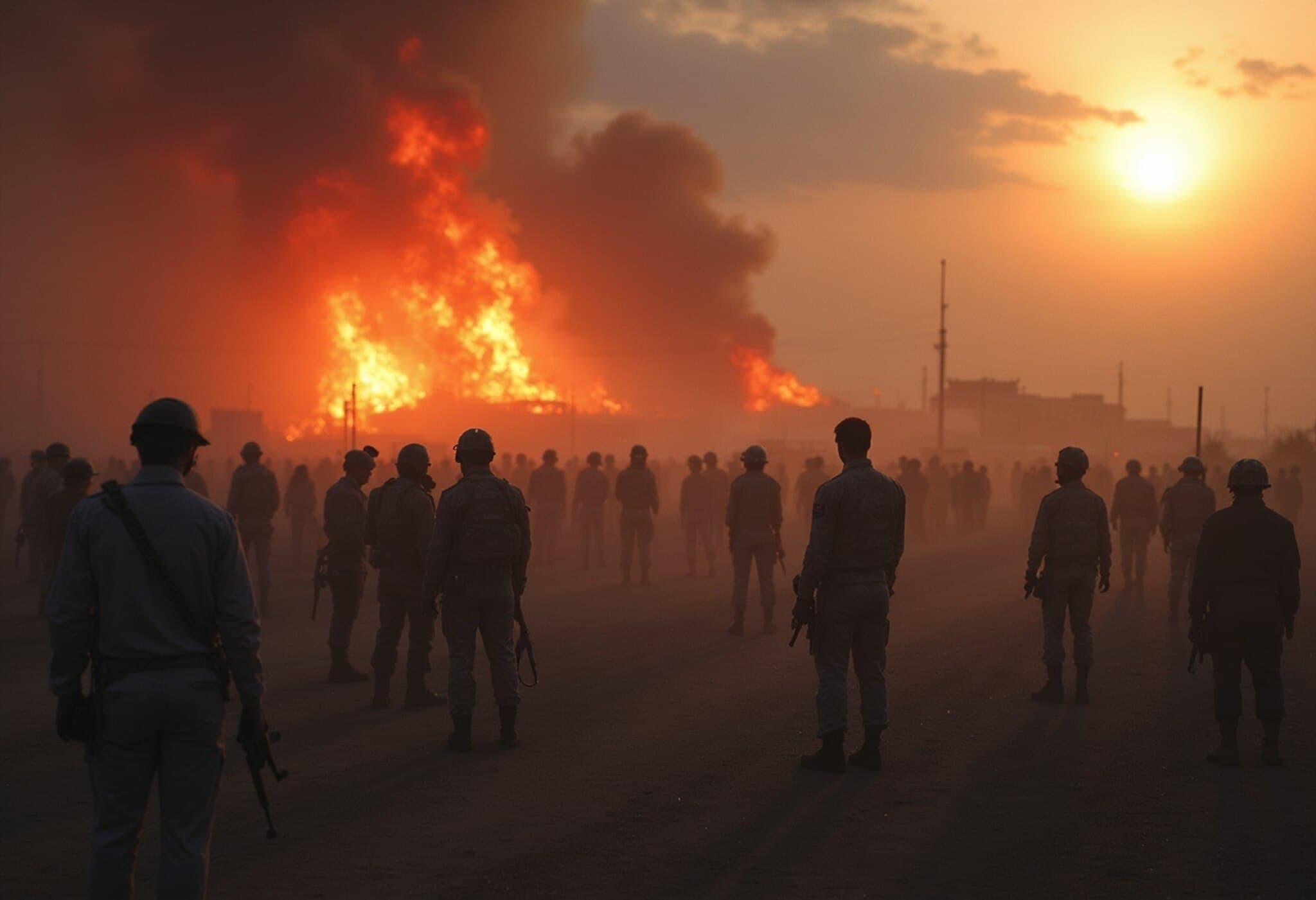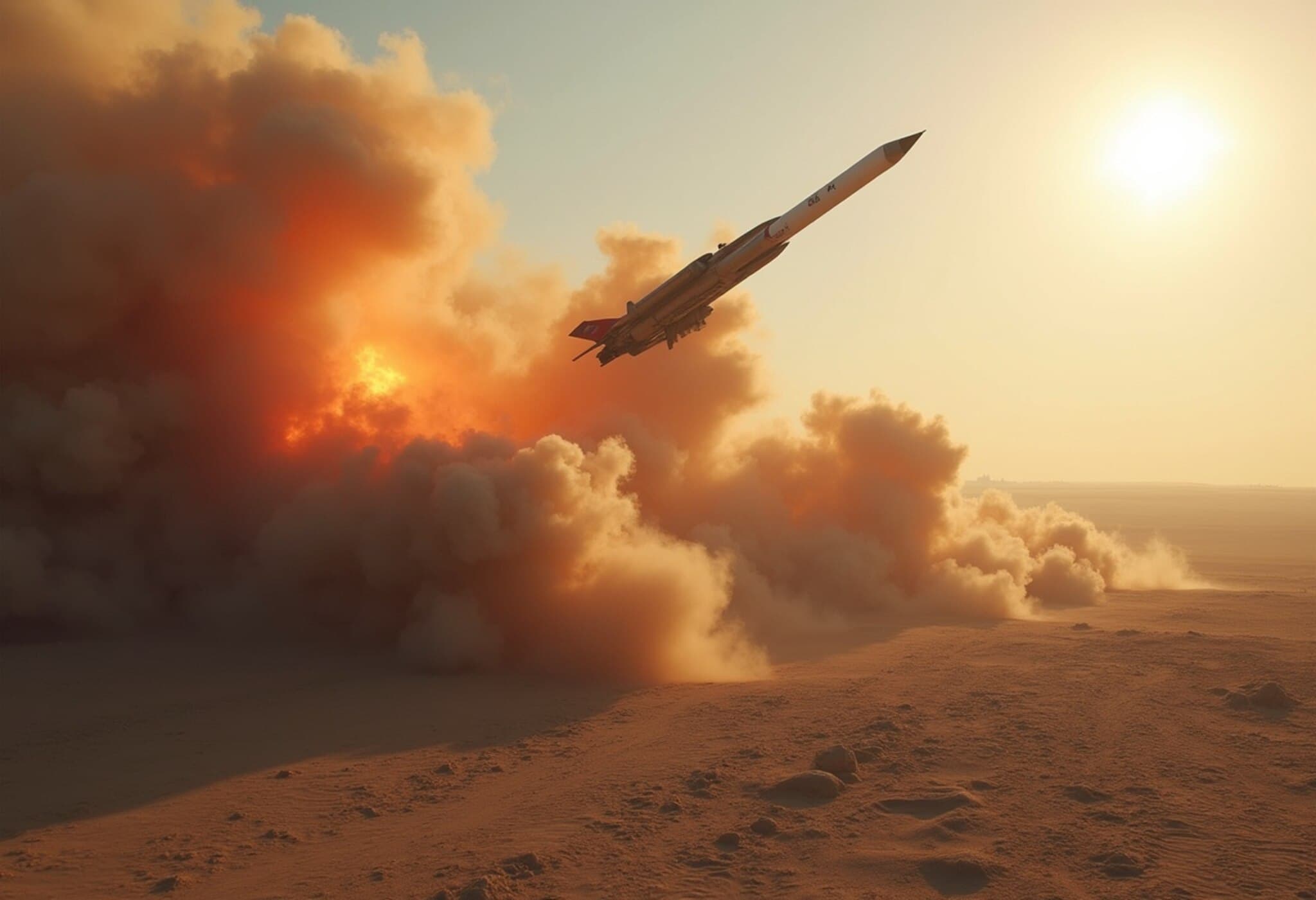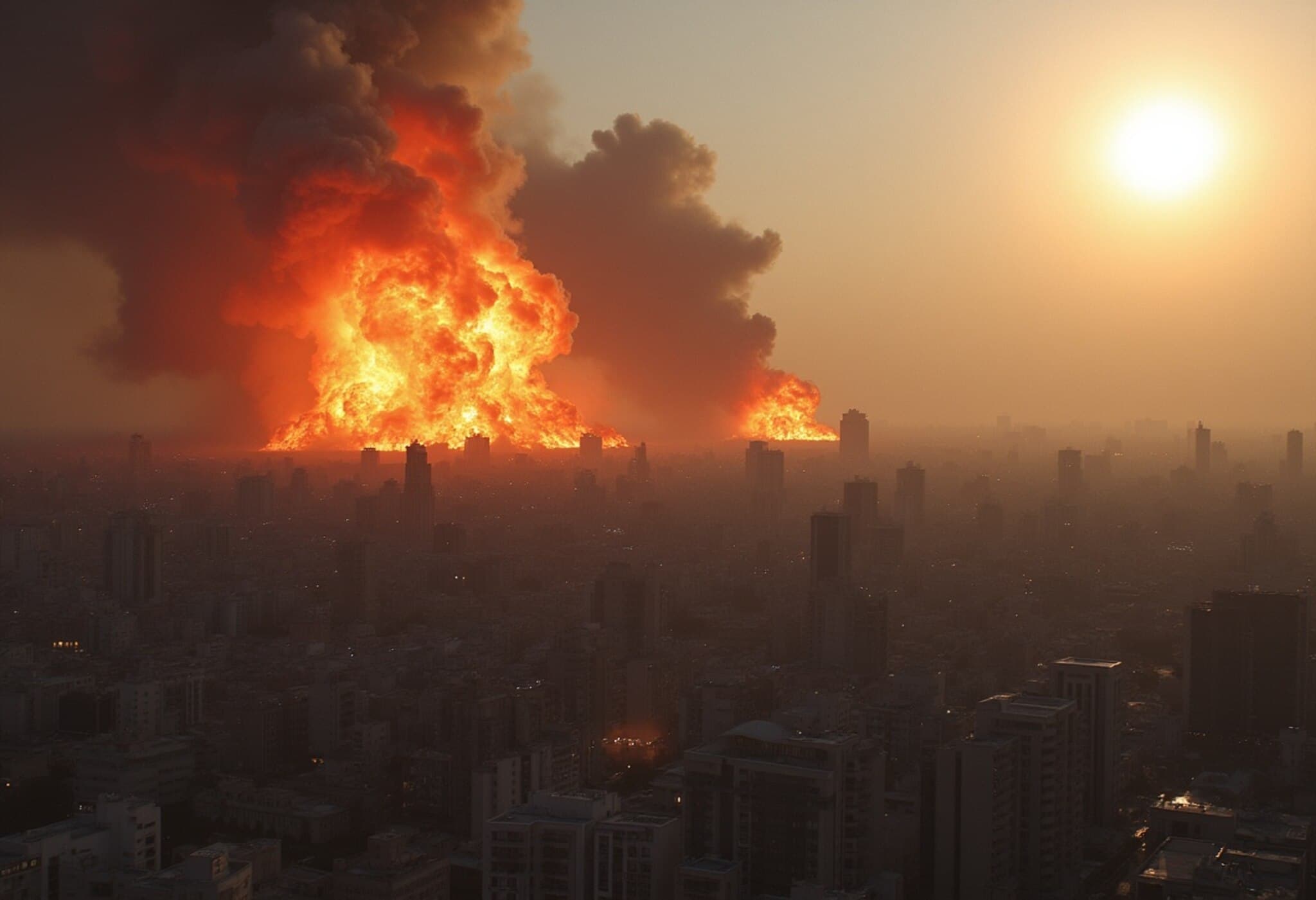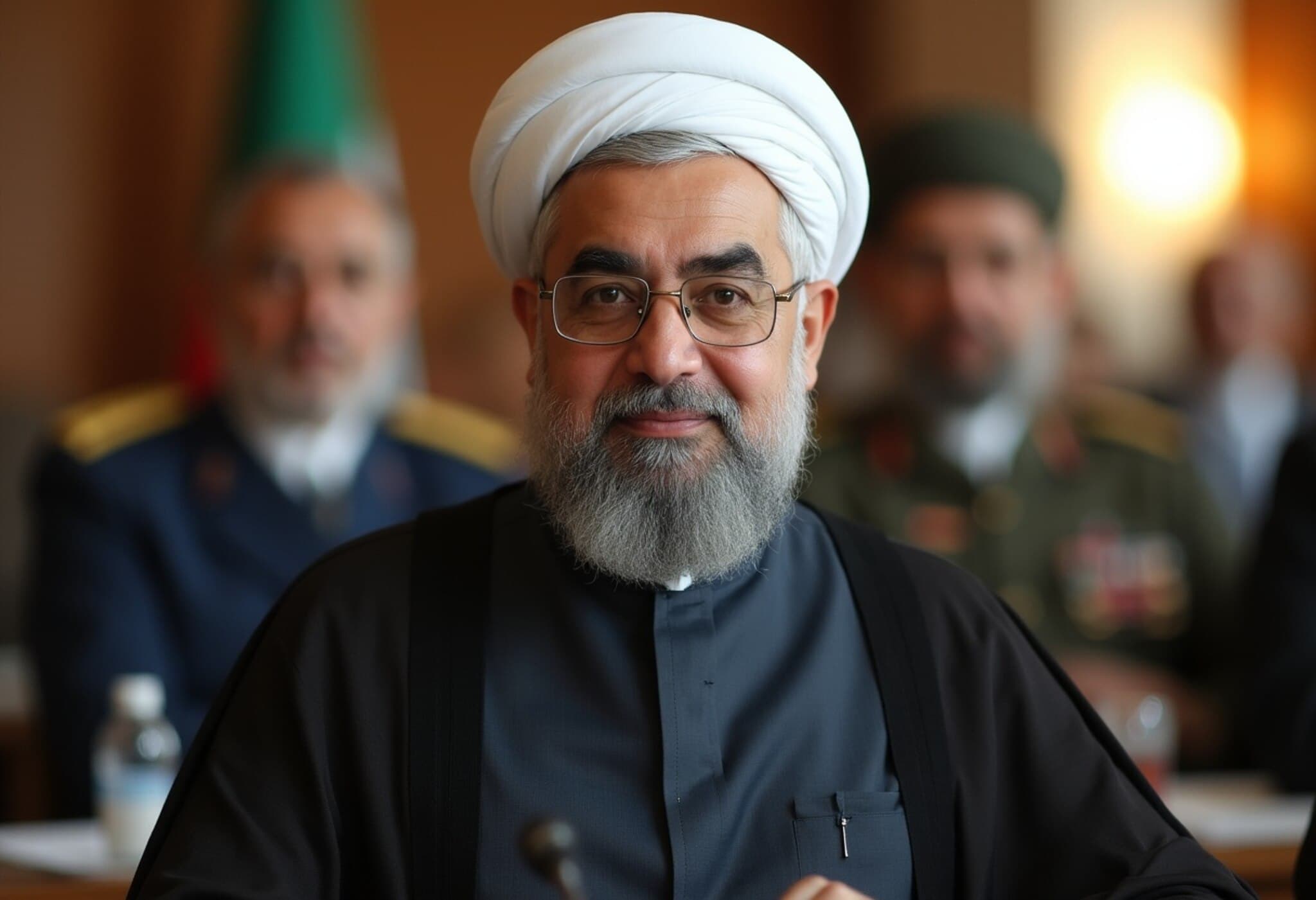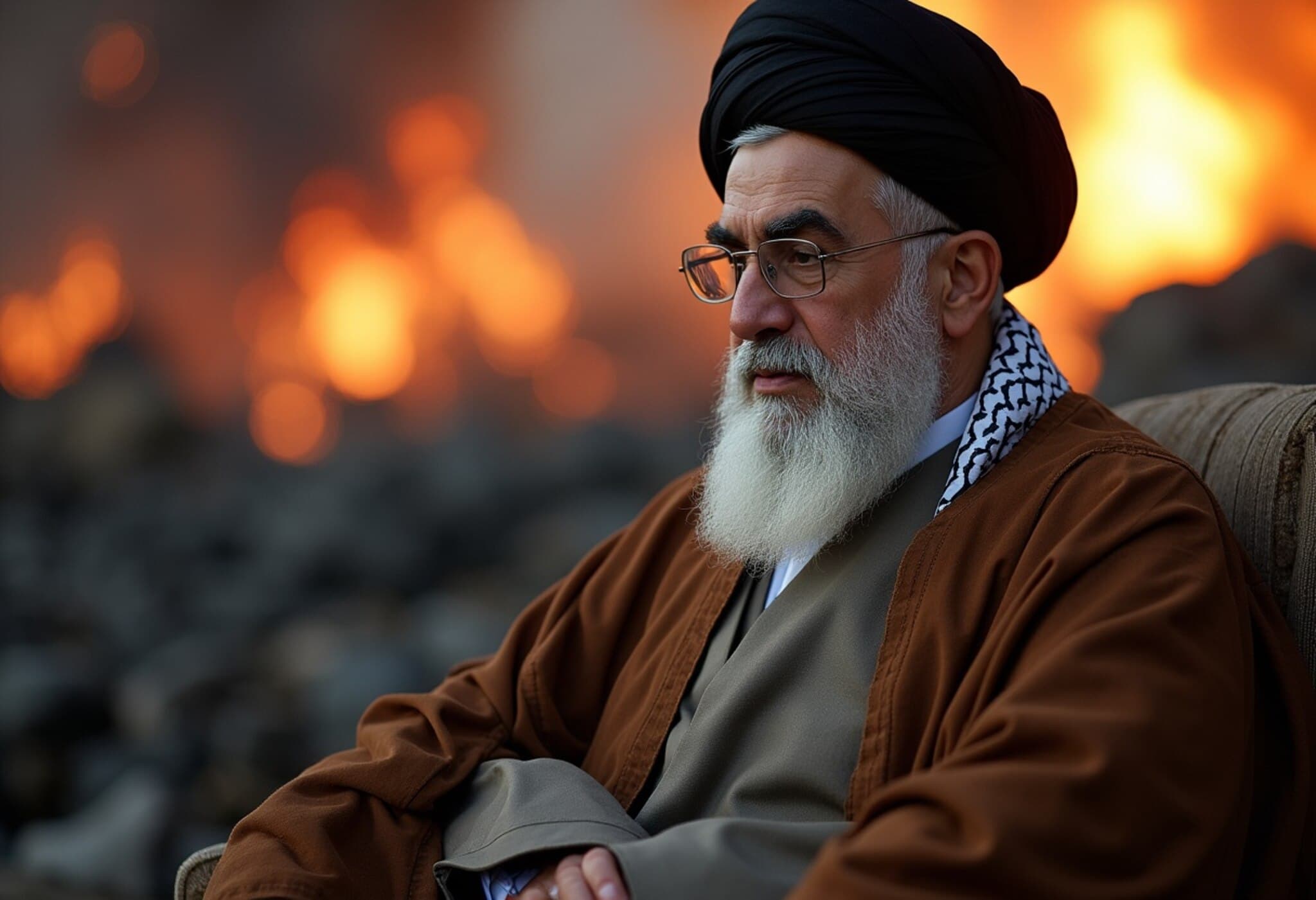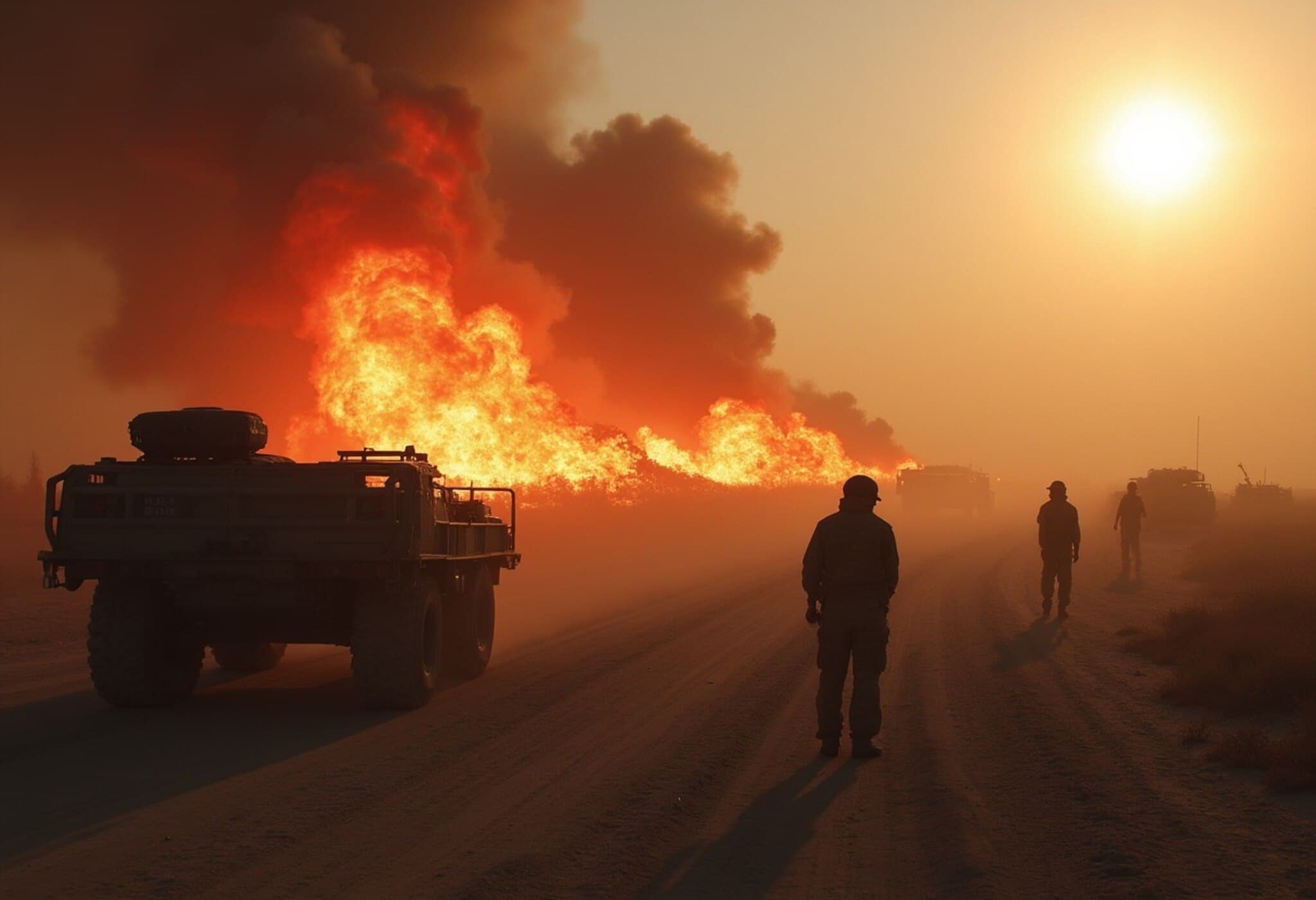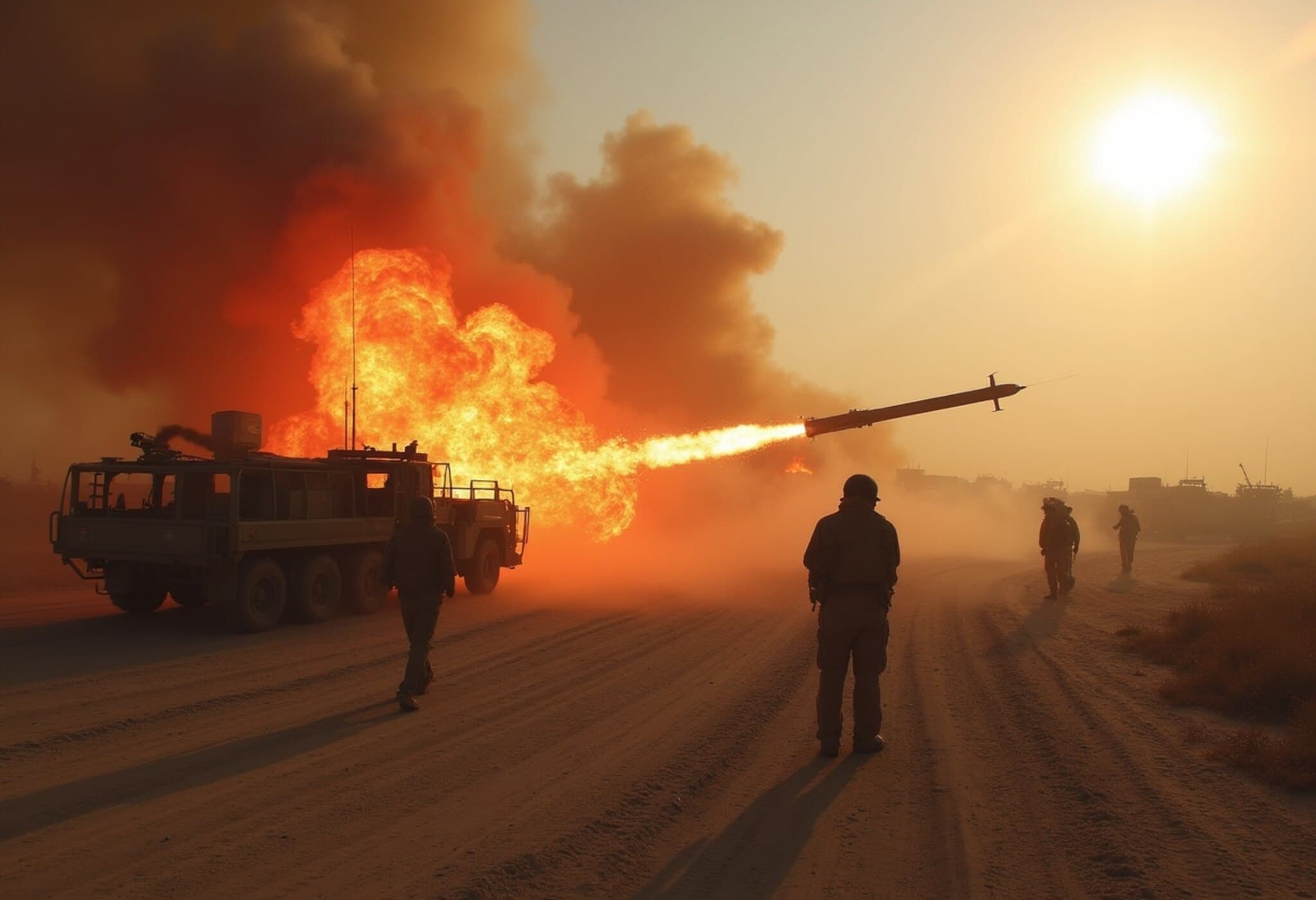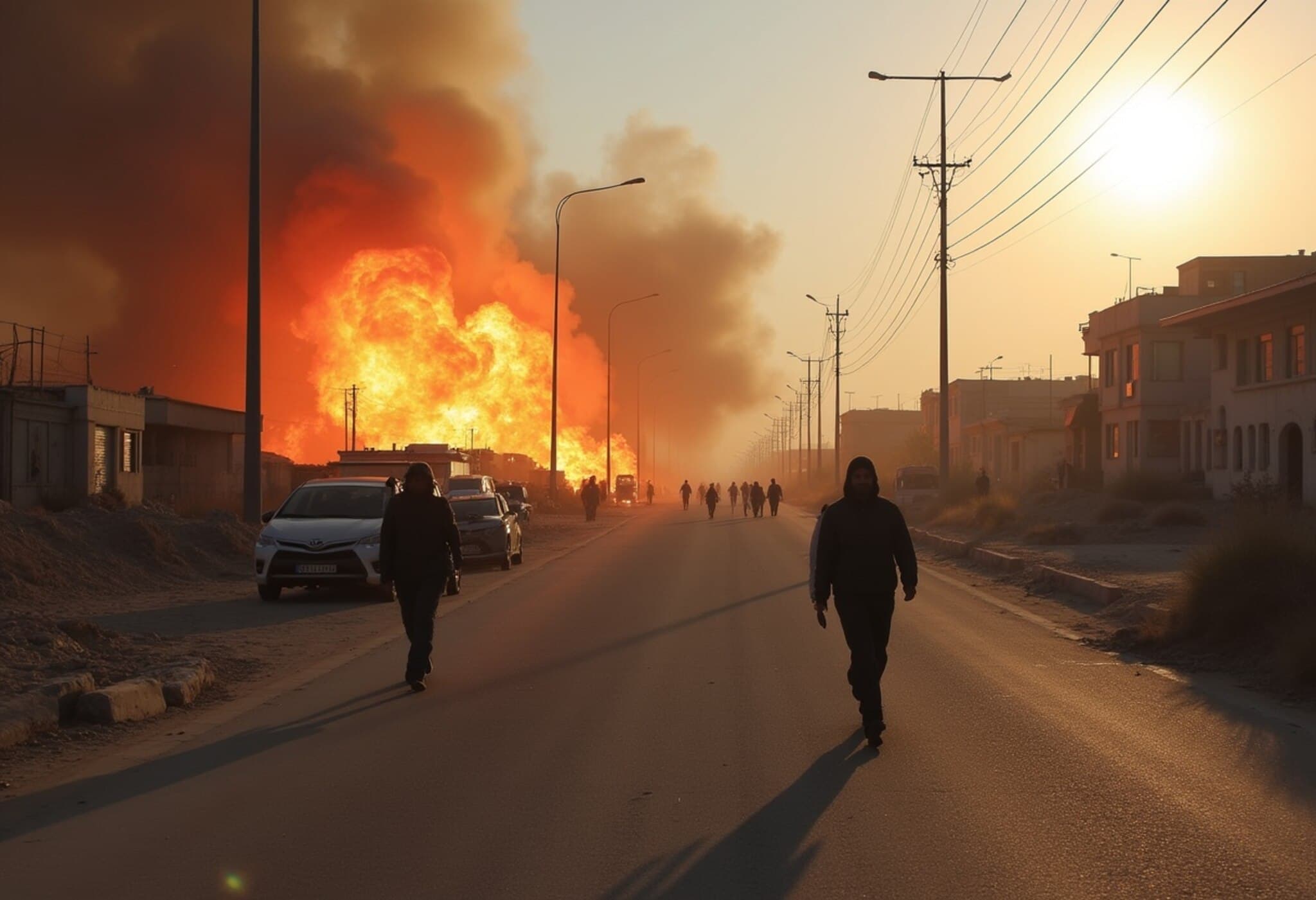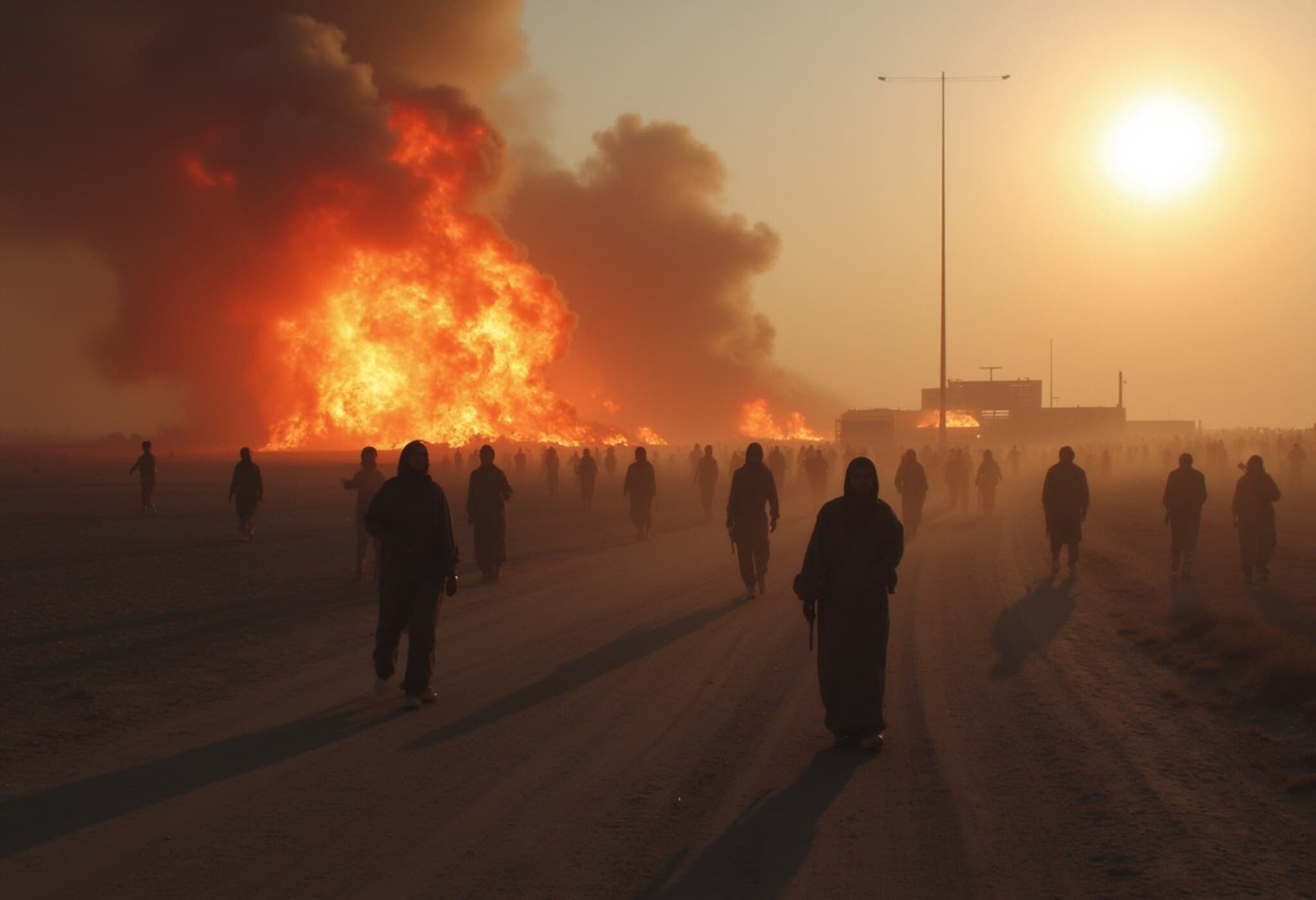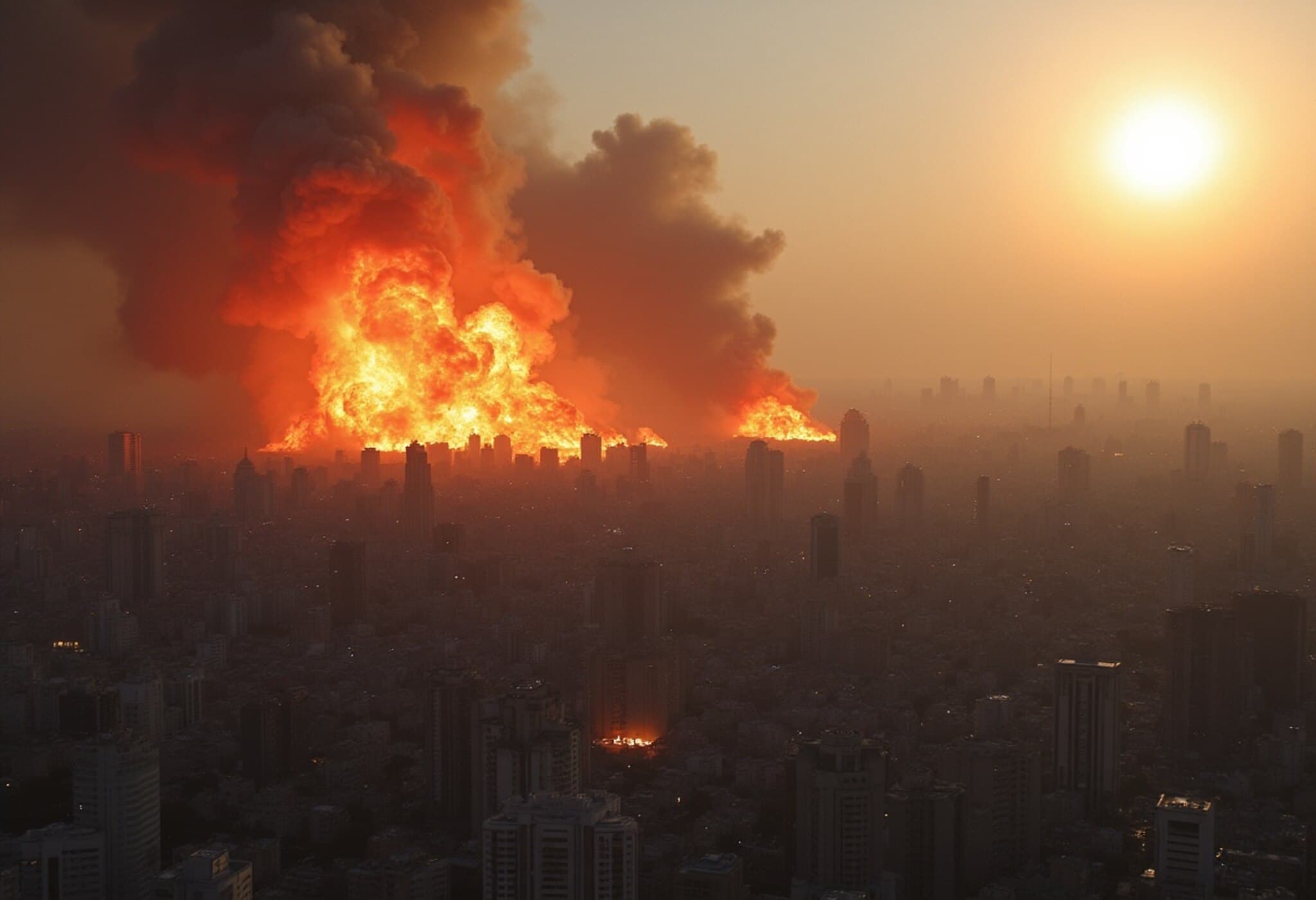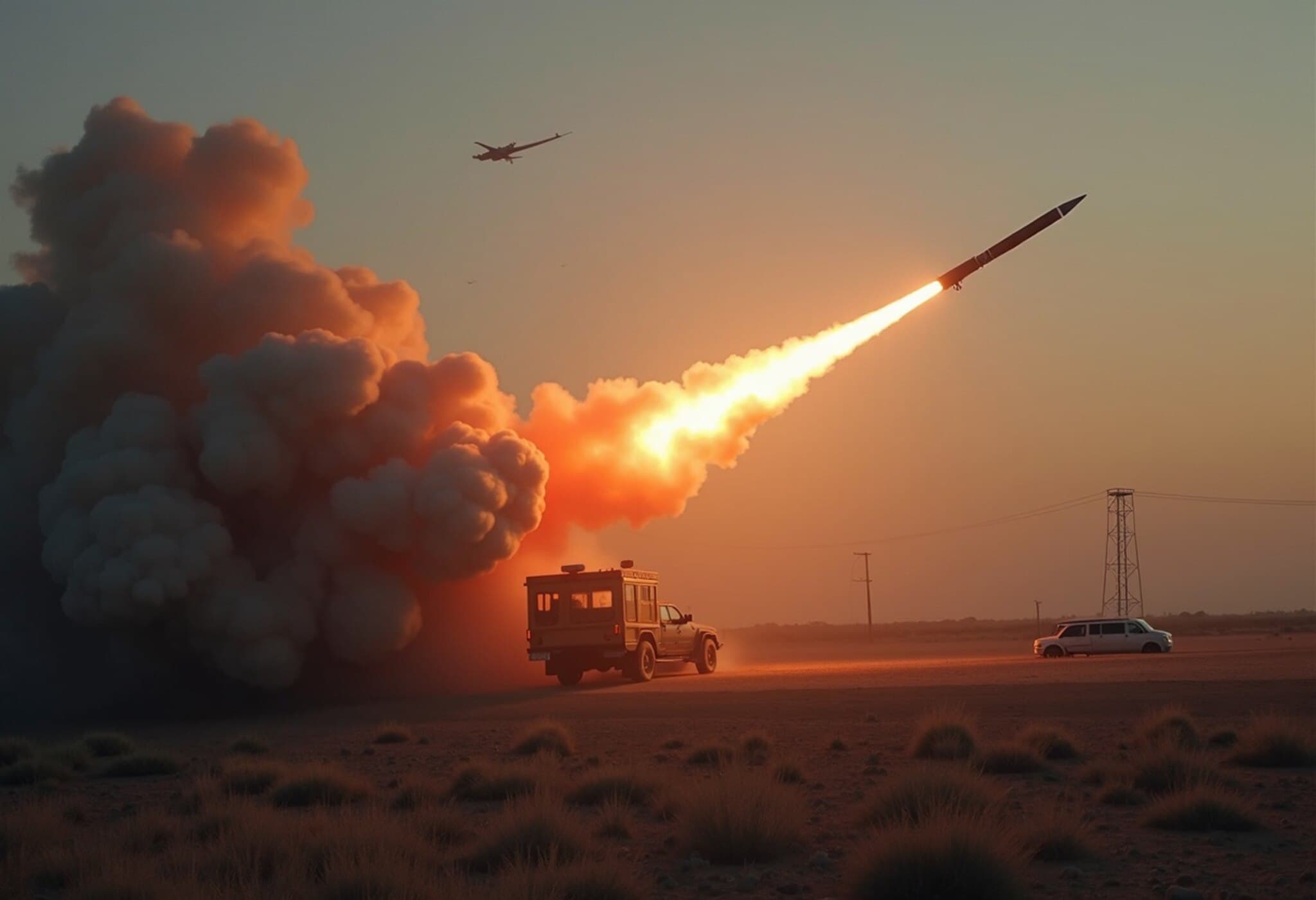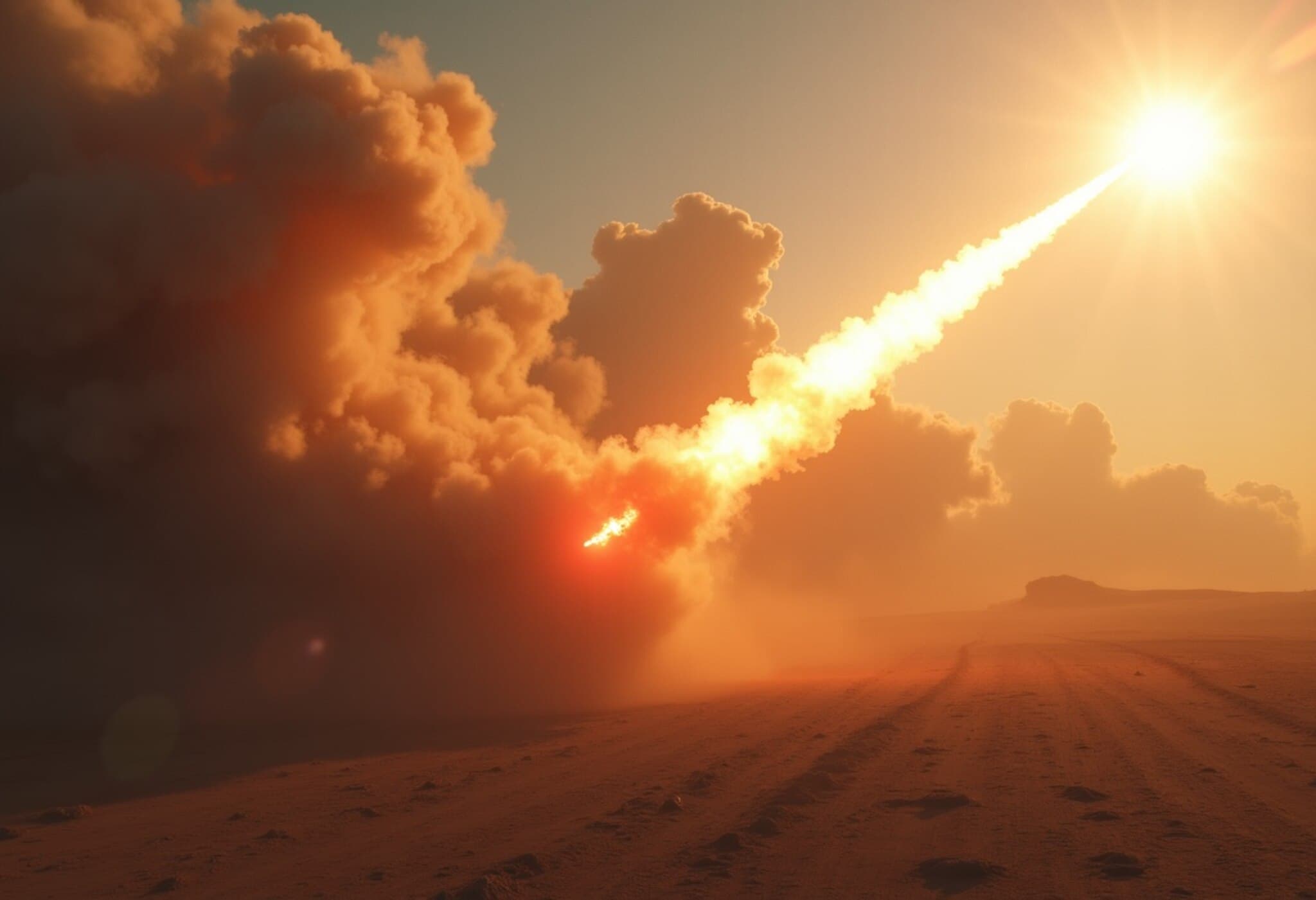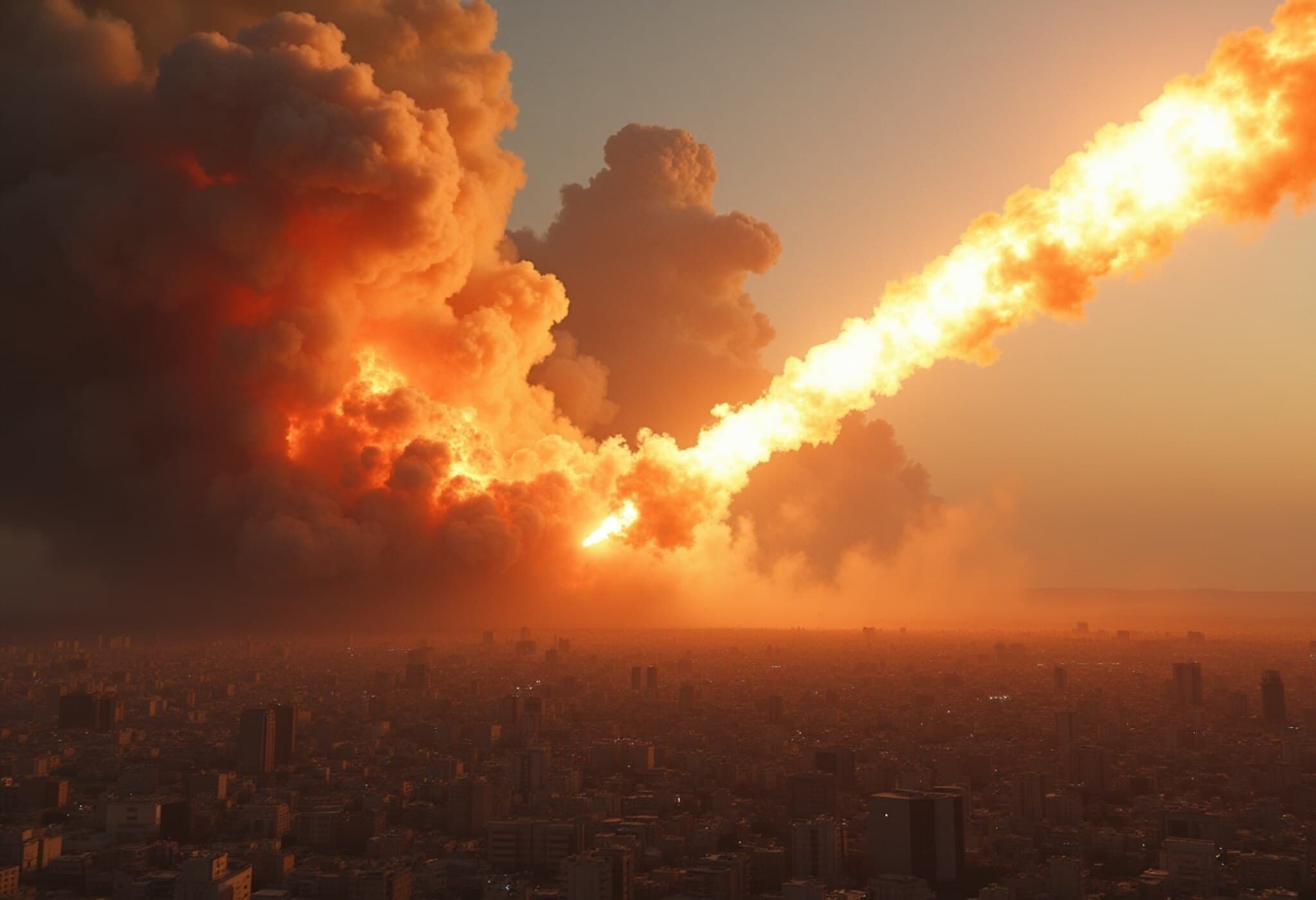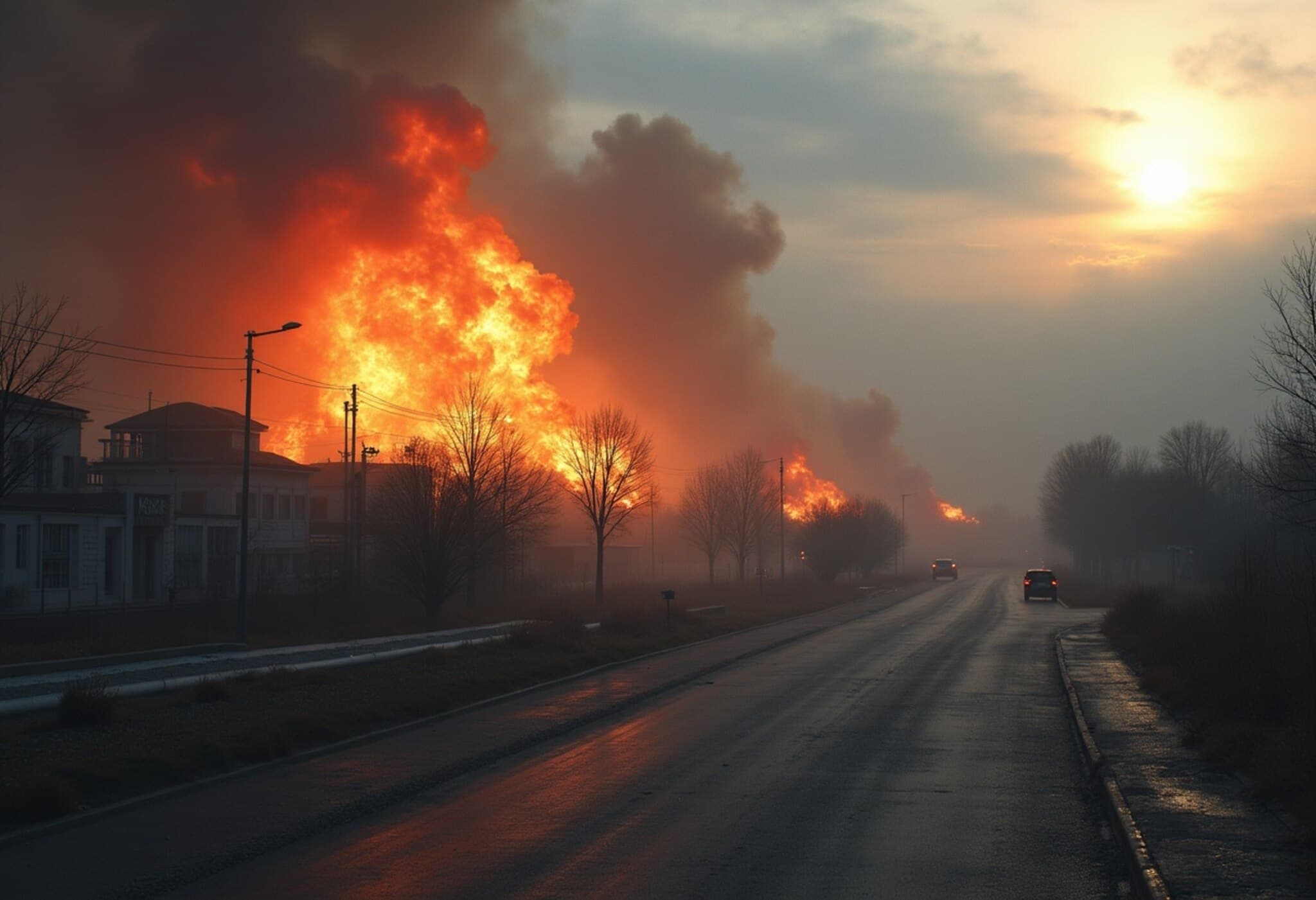Iran Rejects Claims of Ceasefire with Israel
Following an announcement by the US President declaring a "complete and total ceasefire" between Israel and Iran, Iranian officials firmly denied any such agreement. Iran's Foreign Minister Abbas Araghchi stated that no truce deal has been finalized, emphasizing that the decision to halt military operations remains pending.
Iran's Conditions for Halting Attacks
Araghchi clarified that if Israel ceases its what he termed "illegal aggression" by 4 a.m. Tehran time, Iran would consider stopping its retaliatory attacks. However, he underscored that as of now, there is no formal ceasefire in place.
"As Iran has repeatedly made clear: Israel launched war on Iran, not the other way around. As of now, there is NO 'agreement' on any ceasefire or cessation of military operations," Araghchi wrote on social media.
Appreciation for Iranian Armed Forces
In subsequent messages, the Foreign Minister commended Iran's armed forces for their steadfastness and commitment, highlighting their defense efforts continuing until the last possible moment before the proposed ceasefire time.
"The military operations of our powerful Armed Forces to punish Israel for its aggression continued until the very last minute, at 4 a.m. Together with all Iranians, I thank our brave Armed Forces who remain ready to defend our dear country until their last drop of blood," he added.
US President Announces Ceasefire Timeline
On the evening of June 23, the US President announced that Israel and Iran had agreed to a phased ceasefire spanning 24 hours, effectively ending the conflict known as "THE 12 DAY WAR." According to his statement, Iran would initiate the ceasefire, followed by Israel, leading to a full end to hostilities by the 24th hour.
He wrote that during the ceasefire periods, both sides were expected to maintain peace and respect, congratulating both nations on demonstrating stamina, courage, and intelligence to end the confrontation.
Background of Recent Military Actions
The announcement came shortly after Iran launched missile attacks targeting the US Al-Udeid Air Base in Qatar. In retaliation, the United States conducted "Operation Midnight Hammer" on June 21, targeting Iran's key nuclear facilities—Fordow, Isfahan, and Natanz—to dismantle Tehran's nuclear enrichment capabilities.
The operation aimed to neutralize what the US describes as the primary nuclear threat from the world's leading state sponsor of terrorism.
What Lies Ahead?
While the US announcement portrays a hopeful step toward peace, Iran's cautious stance signals ongoing tensions. The disparity between official narratives leaves the region's future uncertain, hinging on actions in the critical hours ahead.

